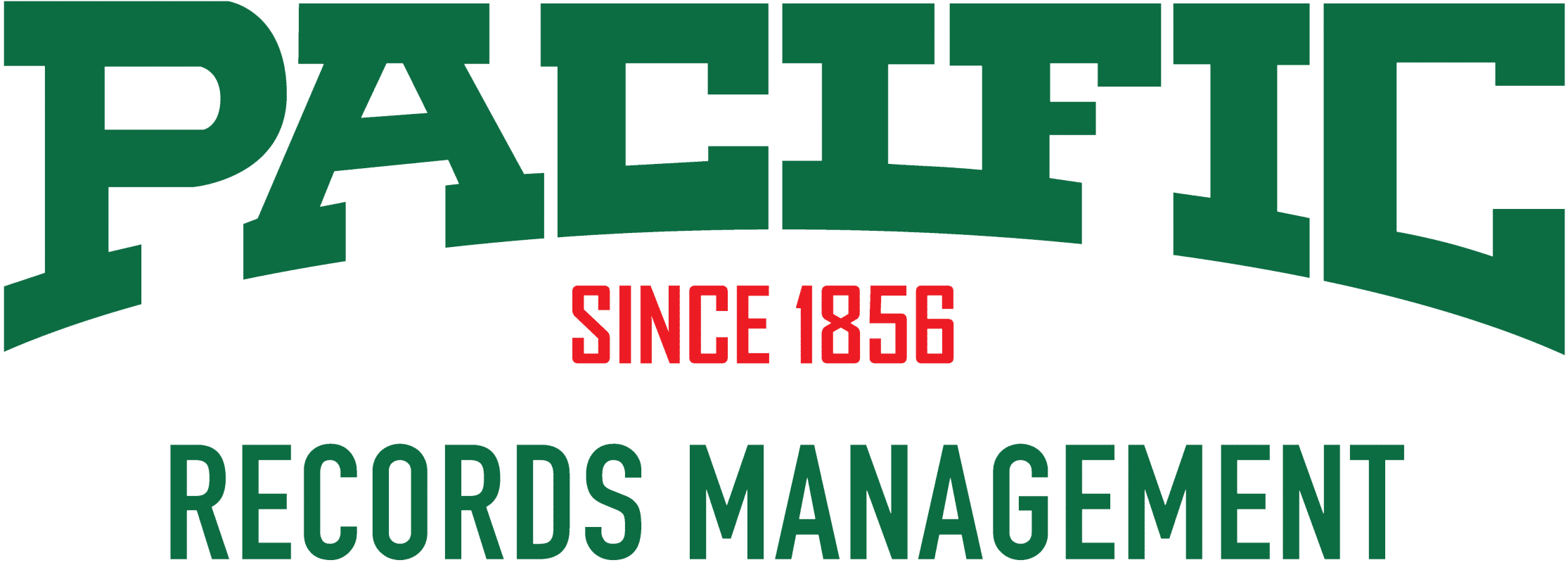Educational Institutions and Records Management: FERPA Compliance Made Simple

Student records contain some of the most sensitive personal information imaginable. Grades, disciplinary actions, medical records, and family details must be protected with the highest security standards. One data breach can damage a school’s reputation and trigger costly legal consequences.
What Is FERPA and Why Does It Matter?
The Family Educational Rights and Privacy Act (FERPA) governs how educational institutions handle student records. This federal law grants parents specific rights over their children’s educational records and restricts who can access this information.
FERPA violations can result in the loss of federal funding, making compliance critical for every school district. The law applies to all educational institutions that receive federal funding, from elementary schools in Napa County to universities throughout Solano County.
Understanding Student Privacy Requirements
Under FERPA, schools must obtain written permission before disclosing personally identifiable information from student records. This includes academic records, behavioral reports, health information, and attendance data.
Parents have the right to inspect and review their child’s records, request corrections, and control disclosure of information. These rights transfer to students when they reach age 18 or attend post-secondary institutions.
Common Records Management Challenges for Educational Institutions
Educational institutions across the Central Valley struggle with aging file systems and limited storage space. Many schools still rely on paper-based filing systems that create security vulnerabilities and compliance risks.
Staff turnover compounds these challenges. When administrators leave, institutional knowledge about records storage protocols often goes with them.
Handling Physical and Digital Student Records
Modern schools manage both physical documents and digital files. This dual format creates complexity in maintaining consistent access controls and retention schedules.
Physical records require secure storage facilities with controlled access. Digital records need robust cybersecurity measures and regular backups to prevent data loss.
Avoiding Unauthorized Access
Unauthorized access represents one of the biggest FERPA compliance risks. Schools must implement strict protocols for who can access student records and under what circumstances.
This includes training staff on privacy requirements and establishing clear procedures for record requests from parents, students, and third parties.
How Proper Records Management Supports FERPA Compliance
Professional records management creates the foundation for FERPA compliance. Education records management systems ensure consistent application of privacy protections across all student data.
Centralized storage with controlled access eliminates the security gaps that occur when records are scattered across multiple locations and formats.
Secure Storage and Access Control
Professional storage facilities provide climate-stable environments that protect documents from damage while maintaining strict access protocols. Only authorized personnel can retrieve specific records, creating an audit trail for compliance purposes.
Security measures include fire suppression systems, security cameras, and restricted facility access to prevent unauthorized entry.
Retention Schedules for Student Data
Different types of student records have varying retention requirements. Permanent records must be kept indefinitely, while other documents can be destroyed after specific timeframes.
Professional records management ensures schools follow proper retention schedules without accidentally destroying records too early or keeping them longer than necessary.
Best Practices for School Records Management
Successful FERPA compliance starts with establishing clear policies and procedures. Schools should document who has access to different types of records and under what circumstances disclosure is permitted.
Regular staff training reinforces these policies and keeps privacy protections top of mind for everyone handling student information.
Partnering with a Professional Records Management Company
Many schools in Fresno, Sacramento, and throughout the Central Valley partner with professional records management companies to ensure compliance. These partnerships provide expertise in both document storage and privacy regulations.
Professional services include secure transportation, climate-controlled storage, and systematic retrieval processes that maintain compliance throughout the document lifecycle.
Implementing Secure Shredding and Document Destruction
When student records reach the end of their retention period, secure destruction becomes critical. Simply throwing documents in the trash creates privacy risks and potential FERPA violations.
Scanning services can digitize important records before secure destruction, providing ongoing access while eliminating physical storage needs.
FERPA Compliance Checklist for Schools
Educational institutions can use this checklist to evaluate their current compliance status:
- Access Controls: Only authorized staff can access student records
- Parent Rights: Clear procedures exist for parent record requests
- Disclosure Tracking: All record disclosures are properly documented
- Secure Storage: Physical and digital records are properly protected
Schools that struggle with any of these areas should consider professional records management services. Pacific Records Management has served educational institutions throughout California’s Central Valley since 1928, providing PRISM Privacy+ certified services that ensure FERPA compliance.
Call us at (800) 685-9034 or complete the form on this page today to learn how professional records management can simplify FERPA compliance for your educational institution.
